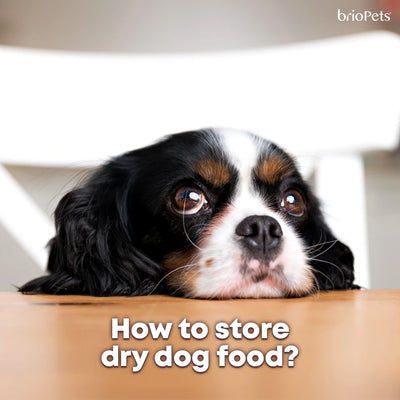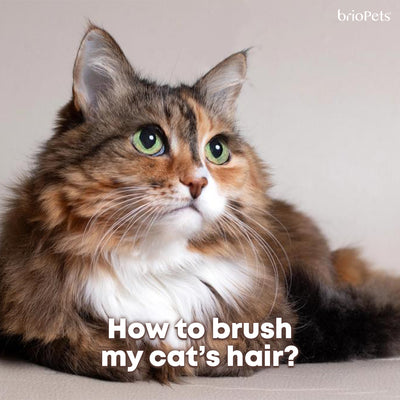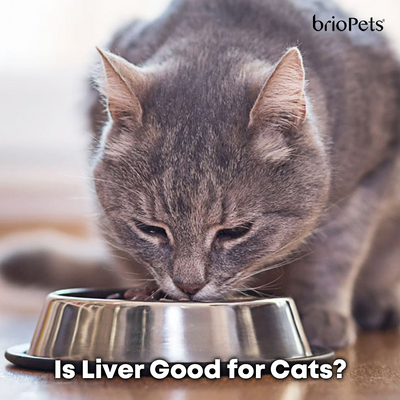
Is Vitamin D essential for dogs and cats? How much vitamin D should be included in our pet's diet and what happens if Vitamin D is fed in excess?
What is vitamin D?
Vitamin D is a fat-soluble vitamin in a family of compounds that includes vitamins D1, D2 and D3. Vitamins cholecalciferol (vitamin D3) and ergocalciferol (vitamin D2) are the two most common and natural forms of vitamin D. However, both forms are biologically inactive and will only be activated after ingestion.

Why is Vitamin D important?
The primary function of vitamin D is to regulate the amount of calcium and phosphate in the body. These nutrients are important for the mineralization of bones, as well as other body functions. Since animals such as dogs and cats are unable to synthesize vitamin D through sun exposure, it is essential that they receive it through their diet.
Vitamin D deficiency
Vitamin D deficiency can be caused by abnormal vitamin D metabolism or unbalanced diets. It will lead to hypocalcemia (low blood calcium level) and hypophosphatemia (low blood phosphate level). If left untreated, these two conditions can then lead to bone-related issues such as rickets or osteomalacia. Other complications include congestive heart failure and an increased risk of complications due to heart disease. This is most prominent in dogs as muscles and nerves require vitamin D to function properly.

Proper diet
Most herbivores are able to produce vitamin D3 in the presence of sunlight, however, dogs and cats are not able to. This makes them more susceptible to vitamin D deficiency. Thankfully, this can be avoided through a properly balanced diet with the correct healthy food for your dogs and cats. The most common food sources of vitamin D for cats and dogs are liver, fish, egg yolks and beef. The Association of American Feed Control Officials recommend adult dog food provide a minimum of 500 IU of vitamin D per kilogram of food, and 280 IU of vitamin D per kilogram of adult cat food. You may check the nutritional value for dry dog food or dry cat food by referring to the product packaging or product listing.
However, if you feed your pet home-prepared food, it may be tricky when it comes to determining the amount of vitamin D that does into your furkid's diet. Consuming too much vitamin D could also become a problem.
Vitamin D poisoning
There is a saying that goes “too much of anything is bad” and this could not be more accurate when it comes to vitamin D. Vitamin D is unlike other vitamins in which it is not water-soluble. Instead, it is fat-soluble. This means that when there are excessive amounts of vitamin D, it will be stored in fat tissue and liver cells. This will then lead to a number of serious complications including, but not limited to, kidney disease and death. Vitamin D poisoning/toxicity usually presents itself in the form of vomiting, loss of appetite, increased thirst and urination, excessive drooling or excessive weight loss. If you notice any of these symptoms in your pet, contact a veterinarian immediately to find out the best course of action.




